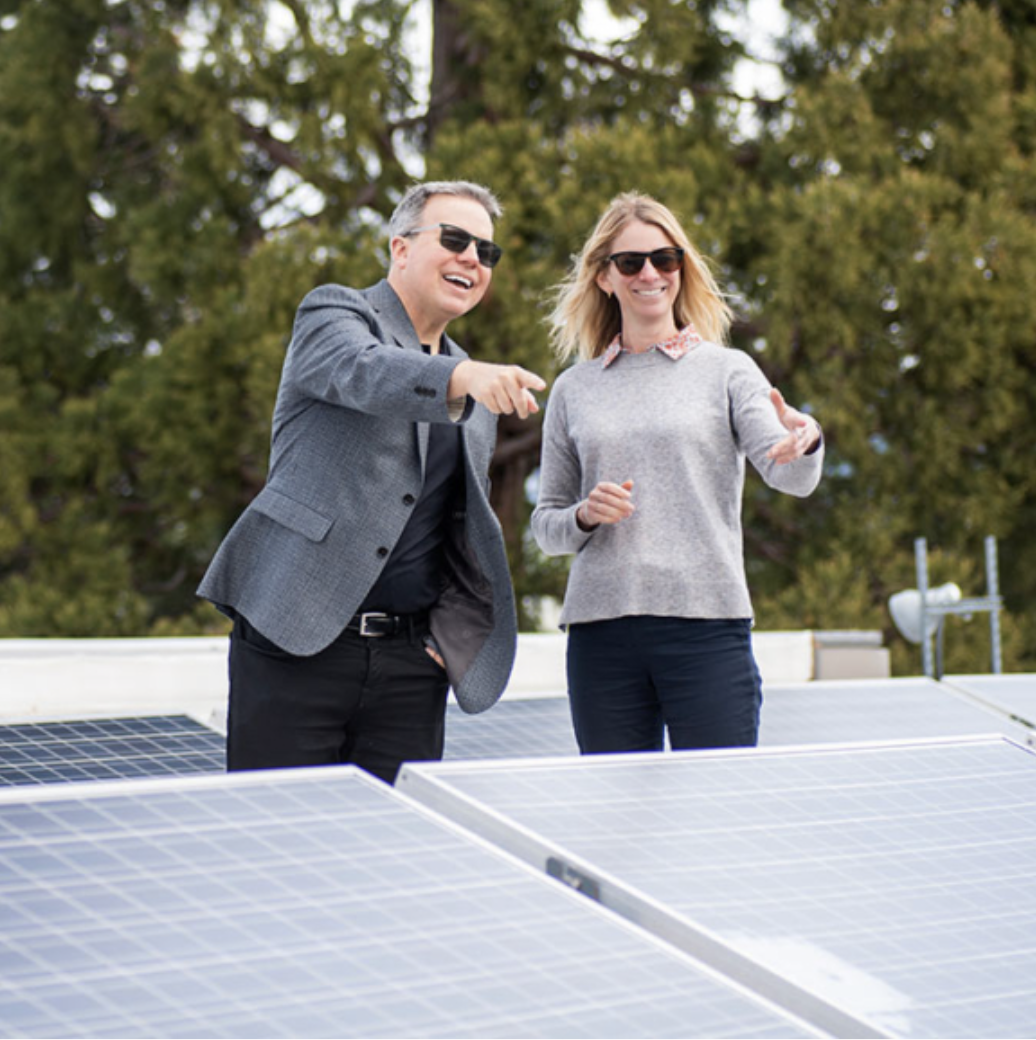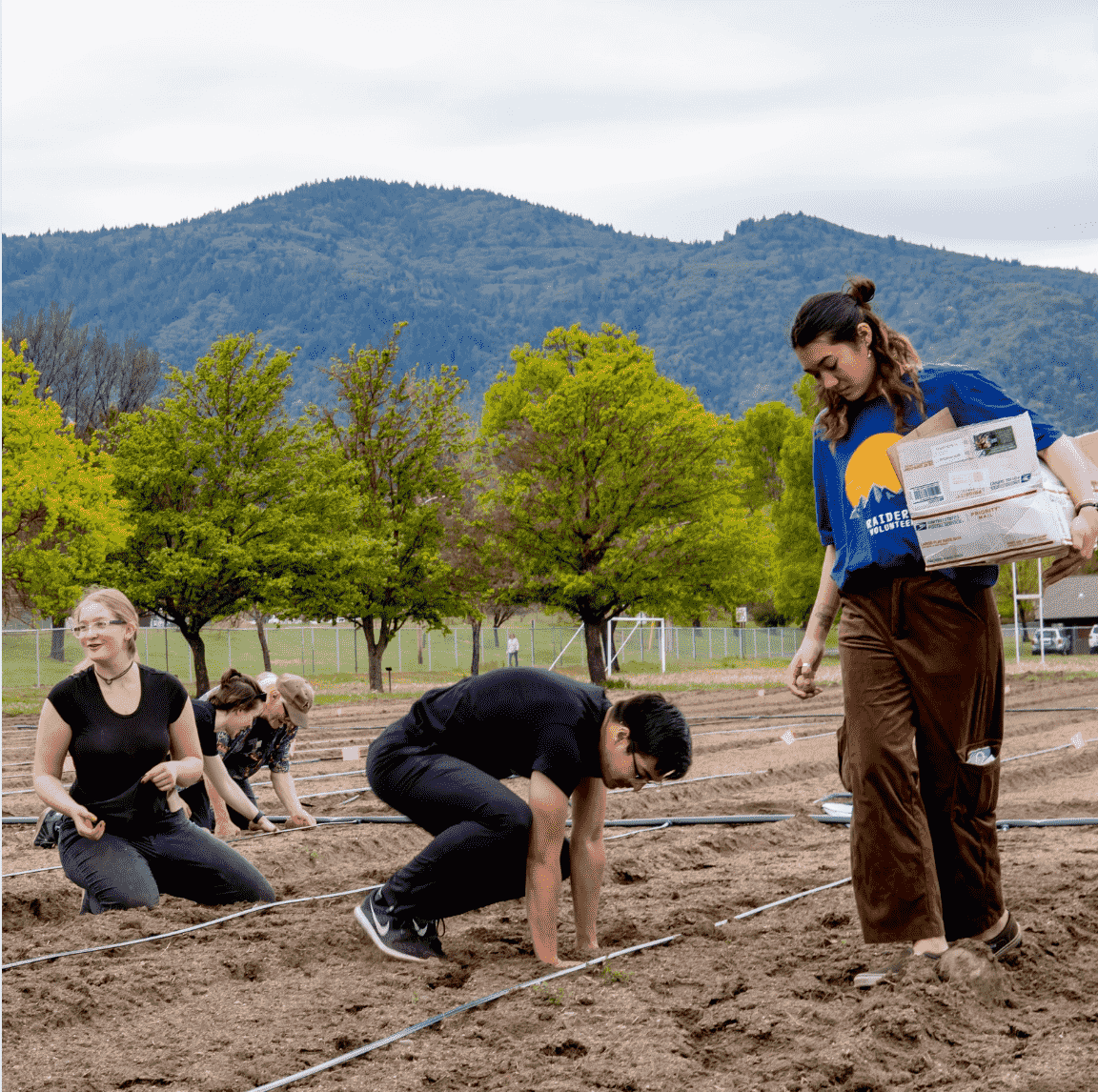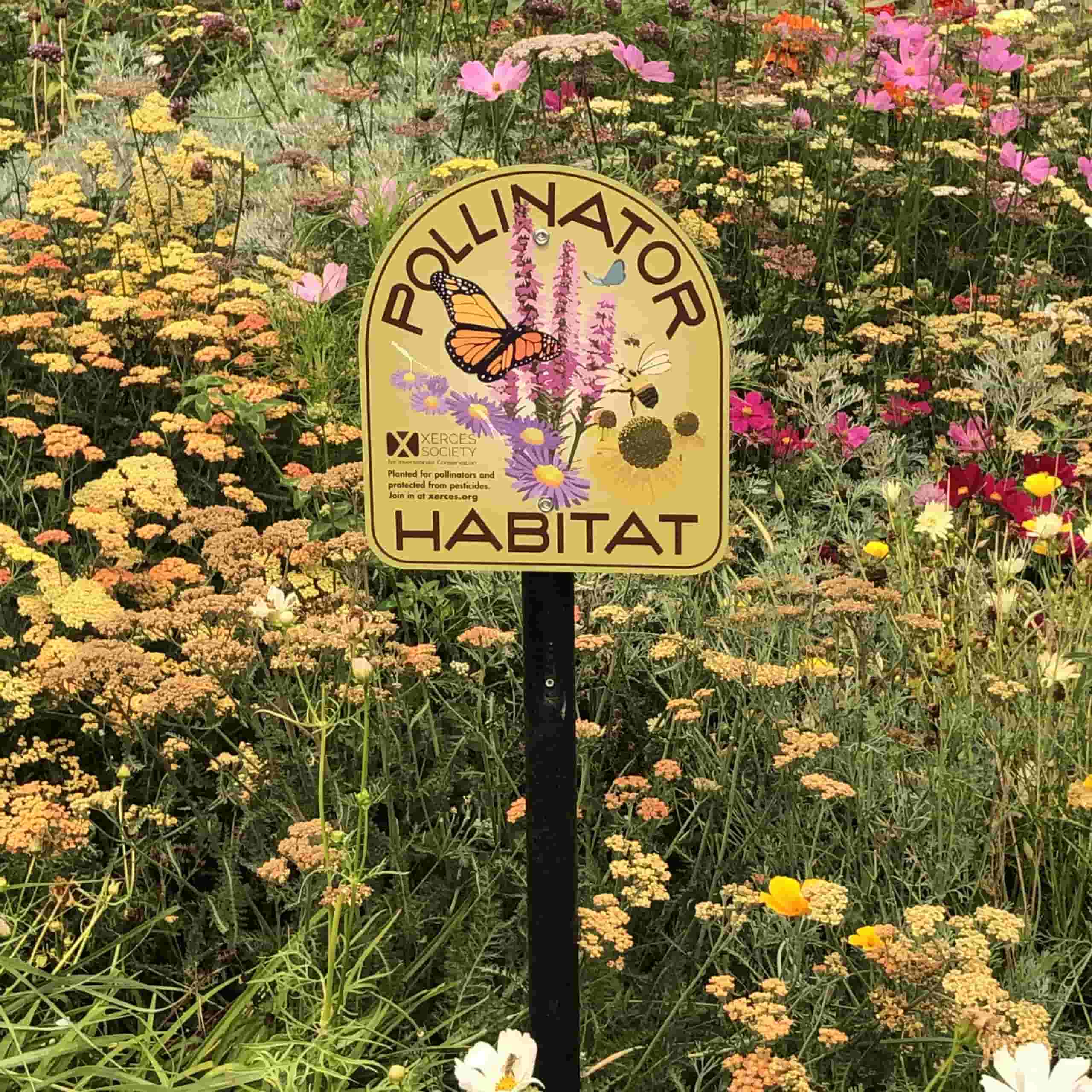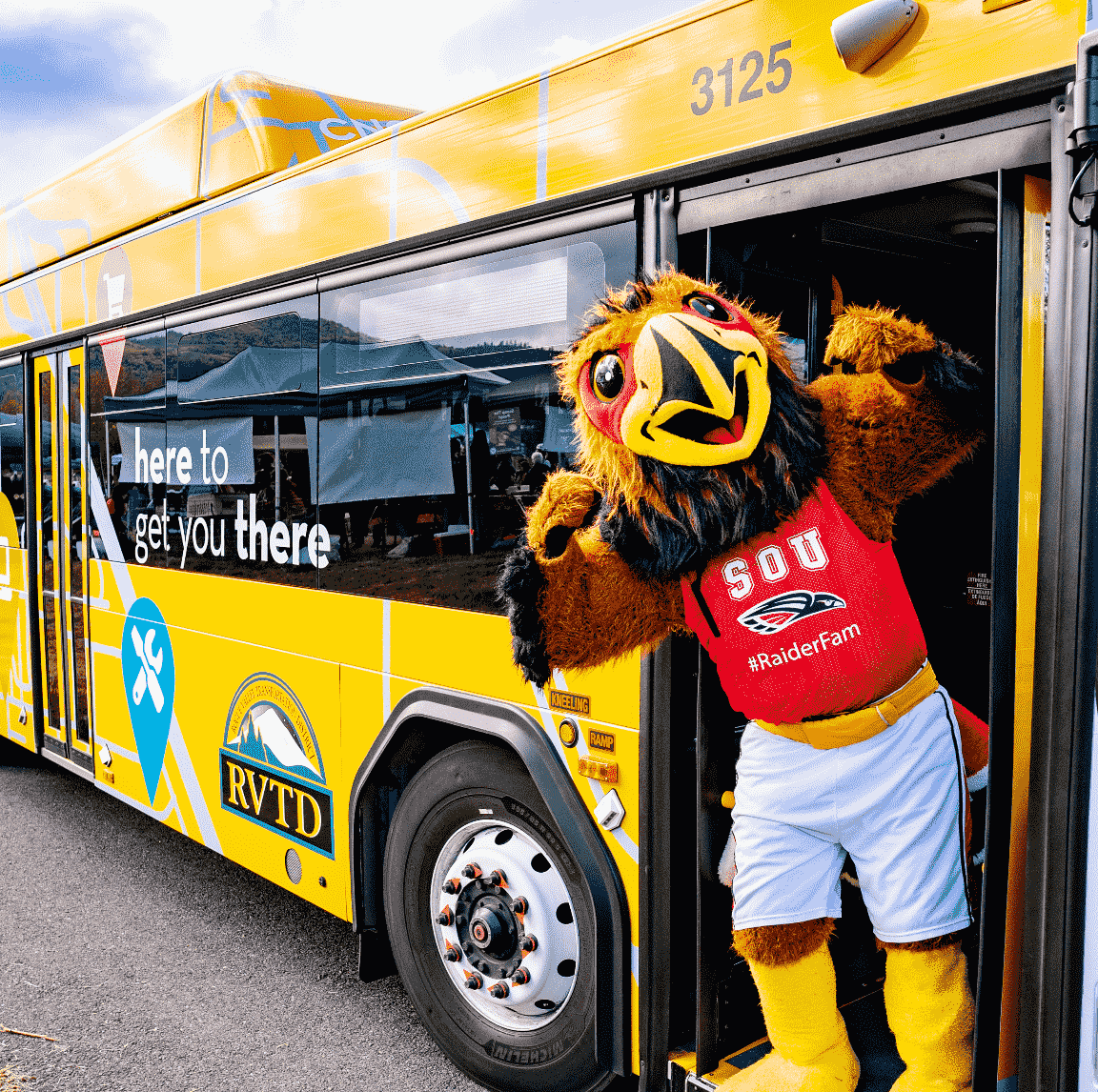Sustainability, Leadership, and Creating Change
Southern Oregon University is committed to sustainable practices, environmental stewardship, and research that advances our understanding of local, regional, and global environmental issues. SOU is a GOLD-rated University for sustainability in operations, engagement, academics, planning and administration, and innovation. This is measured by the STARS evaluation system developed by the Association for the Advancement of Sustainability in Higher Education (AASHE).
Solar Power Generates
610,000
kWh annually
TOP 30
Great Small Colleges for
Nature Lovers
SOU Ranks as
TREE CAMPUS
USA
1st Certified








